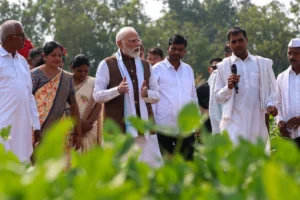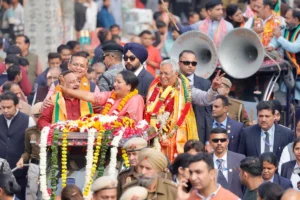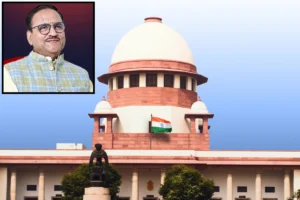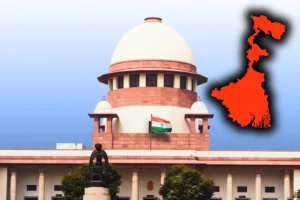
Li Qiang becomes China's new premier
Ahead of taking the charge as the president for the historic third term, Xi Jinping has nominated Li Qiang to become premier during the ongoing annual meeting of China’s rubber-stamp parliament. This will be a role charged with managing the world’s second-largest economy.
Who is Li Qiang?
Li Qiang is the former Communist party chief of the largest city, Shanghai. He is set to replace Li Keqiang, who is retiring during the National People’s Congress session that ends on Monday, after serving two five-year terms.
The 63-year-old leader is one of the closest allies of President Xi. He has been serving as Xi’s chief of staff between 2004 and 2007 when Xi was the provincial party secretary of eastern China’s Zhejiang province.
Li was put on track for premier in October when he was appointed to the number-two role on the Politburo Standing Committee during the once-in-five-year Communist Party Congress.
Taking notes from his handling of the last year’s COVID outbreak, Li has kept the city of over 26 million under lockdown for about a month drawing sharp criticism at home and abroad as it resulted in heavy hardships for the population.
Xi is installing a slate of loyalists in key positions amid the biggest government reshuffle in a decade, as a generation of more reform-minded officials retires and Xi further consolidates power after being elected president for an unprecedented third term on Friday.
Also Read: Its Xi’s Era In China: Jinping To Take Charge As President For Historic Third Term
Galvanize private sectors & foreign investments
According to the reports, Li Qiang is likely to galvanize the private sector as well as foreign investments into the second largest economy dispelling the impression that the government, which resorted to crackdown against top business houses like Alibaba in the last few years, is reverting to the state-owned enterprises.
To read more such news, download Bharat Express news apps


















